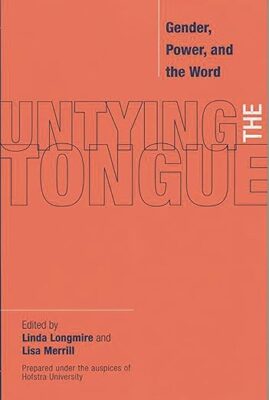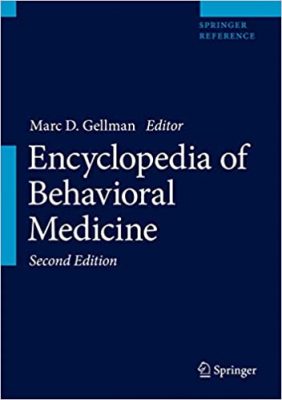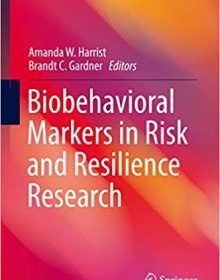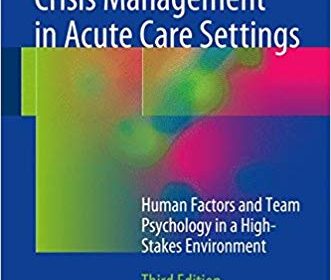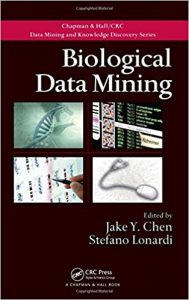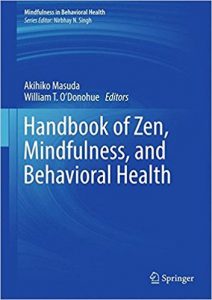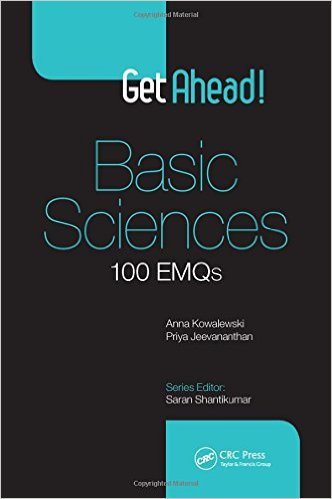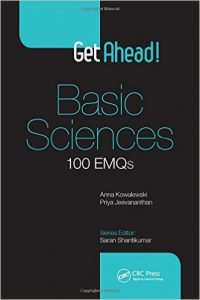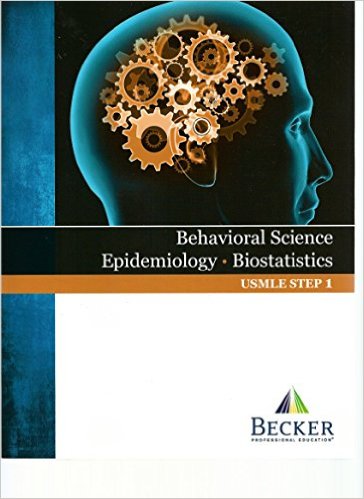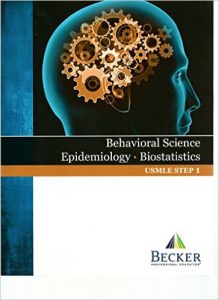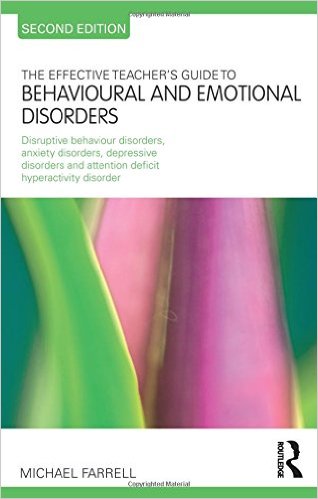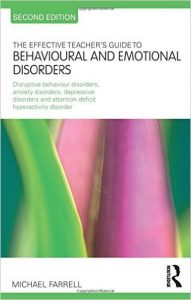Untying the Tongue: Gender, Power, and the Word
The words and grammatical structure of a given language are the most basic building blocks of thought and communication; they reflect the ways speakers conceptualize themselves and their world and communicate with others. Since language reflects a culture’s biases and inequities, a socially constructed, gendered power differential between men and women may lead each to have very different relationships to language. The essays in this collection explore some of the ways in which power and its expression (or repression) is gendered.
The contributors seek to discover contexts and patterns within which power is articulated, reproduced, and ultimately transformed. While some contributors provide primarily descriptive examinations of presumed gender differences, others seek to critique or deconstruct these supposed meanings associated with gender and power relationships. An important collection for scholars and researchers involved with communication and with gender issues.

